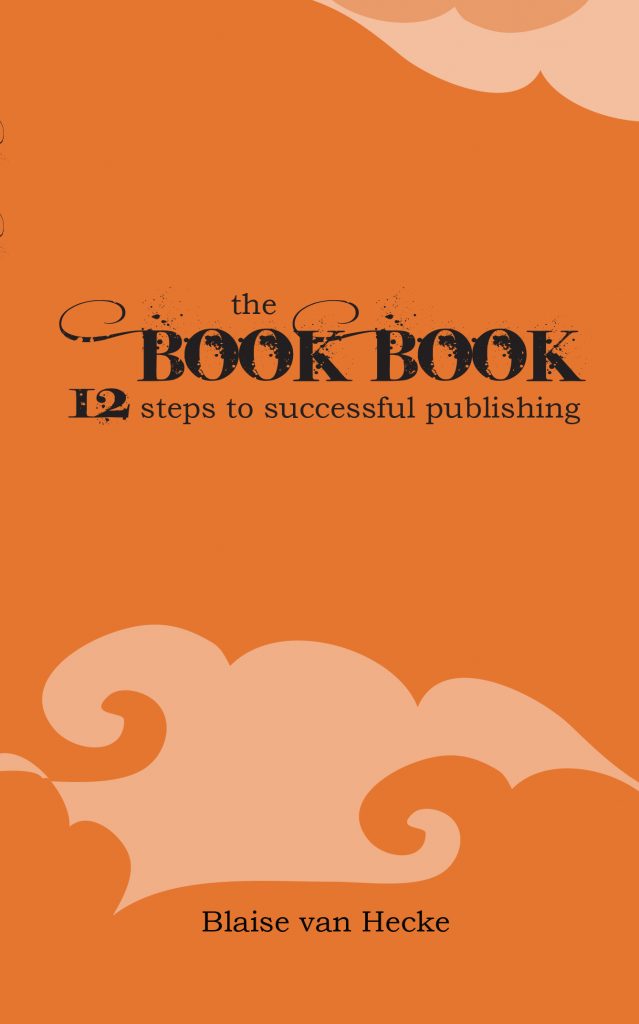Self-help books are big at the moment. Let’s face it, the world feels a little broken and everyone is looking for a quick fix. Most notable is the fact that we have everything and yet there are so many unhappy people who can’t understand where they went wrong.

This means that there is a big market for self-help. You just need to name a problem and promise a solution. Easy, right? It is actually easy but so many people get it wrong. Here are some pitfalls to avoid in order to get your book into reader’s hands.
Unfocused product
You might have a ton of experience over a number of different things because of your life experience. It might be certain business skills, wellbeing tricks you’ve learned and you may have survived cancer thanks to a variety of tools you have acquired. This doesn’t mean that your whole life experience needs to go into your book. You may actually have two or three books worth of content. Be focused about what your book is about.
Too much story
If you have focused what your book is about, this hopefully won’t be an issue but there is a tendency with many, many authors to put everything they know into the book. Before you know it, you have written 100,000 words. No one will want to read it because ‘quick fix’ is what they want.
Overuse of ‘I’
Don’ be a Donald Trump. While you may be talking about the wealth of experience that you have, make sure you are relatable to the reader. Show them how they can benefit from this book. Use ‘you’ and ‘our’ more than ‘I’ unless you are relating an actual anecdote to demonstrate a point.
No solutions
Don’t make promises to the reader about how this book will solve their problems, but not show them how. It will just make them irate. Show them a problem, along with the how to fix it. This means giving clear instructions that go from A to B showing the reader how they can help themselves fix things. Hence the term Self-Help book.
A flooded market
Once you have focused on what you want to write about make sure you check out other books on the market to ensure you aren’t reinventing the wheel. Going to Amazon or GoodReads is a good start. Think of some tag words that people might use to find your book and see what comes up. You may see lots of similar books. This doesn’t mean you shouldn’t write yours but if you do, think about what your point of difference is.
There are of course many other aspects to writing your book to consider but these are the most common that I see. If you are really serious about writing a book, I will be running an online 3-hour workshop. Check it out here. Or, if you are ready to publish, check out my book here.
Happy writing!
Blaise, the book chick
